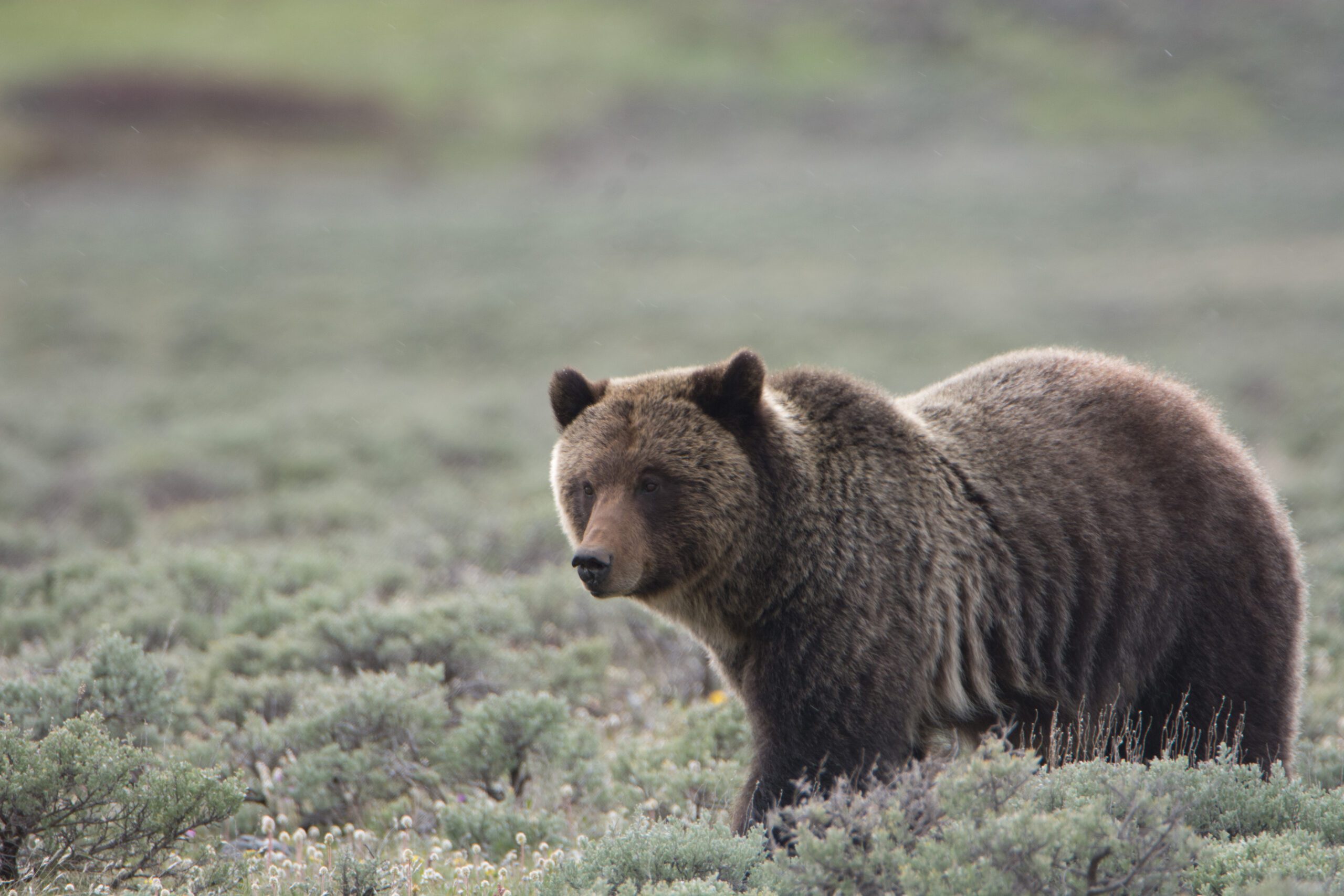By Fischer Genau EDITORIAL INTERN
Karl Johnson, through his Belgrade-based company YES Compost, moves about 20,000 pounds of food scrap each week. With his two other employees, one part-time, one full-time, he runs five routes that service Bozeman, Big Sky, and Yellowstone National Park, collecting organic material including old apple cores, eggshells and coffee grounds, which over the course of a year he’ll turn, rotate, and sift before returning it to people’s gardens as fresh, rich compost.
Johnson conducts his operation out of Belgrade, where he combines the food scraps with wood chips in great heaps to decompose.
“It’s a lot. We’re getting around 11 tons of food scrap a week,” Johnson told EBS.
YES Compost also provides composting events at some of Big Sky’s biggest community events, like the Big Sky PBR and Music in the Mountains.
But despite the scale of his operation, it’s small compared to the amount of food waste going into the landfill. Logan Landfill, which services Gallatin County and surrounding areas, collects close to 180,000 tons of waste each year, 24% of which is food waste in the U.S., according to FDA research. YES Compost only processes a fraction of that, but when Karl first moved to Bozeman in 2014, the number was almost zero.



He moved from San Francisco, where recycling and composting were provided by the city, and upon his arrival, Johnson was surprised at the lack of waste disposal services.
“People were hardly even recycling when I moved here in 2014,” Johnson said.
In 2018, motivated by a concern for social and environmental costs of food waste, he decided to quit his job coaching Montana State University’s ski team and try his hand at composting. He gave a bunch of buckets to his friends, told them to fill them up with food scraps, and YES Compost was born.
“That was how it started, and it’s just been growing, growing, and growing ever since,” Johnson said.

Over the past six years, he has added homes and businesses to his route, bought more buckets and installed a better washing system for them, and designed a greenhouse, heated entirely from the microbial activity in his compost piles that keeps his vermicompost worms happy and healthy even during minus 20 degree Fahrenheit winter cold snaps.
Johnson’s products include worm castings, compost, and vermicompost that offer an alternative to chemical fertilizers and return nutrients to the soil.
Now he’s turning his attention to creating value-added products to sell, like potting mixes, but said he’s not doing it for the money. His primary goal is to grow the viability of composting in the region.
“If we can take food scraps, and through alchemy, turn it into something very valuable with our composting and then blending of custom soils, we can bring down our cost of our collection service to the bare minimum and hopefully get more people involved,” he explained.
For $12 a month, individuals can exchange their bucket up to once per week at one of YES’s bucket-exchange locations scattered across Big Sky, Bozeman and Belgrade. People can also opt for curbside service for $17 to $20 a month and YES Compost will collect their bucket biweekly. In return, all customers receive either one gallon of worm castings or 15 gallons of compost each spring. Businesses looking to compost are offered a free, two-week trial and can choose from a variety of collection options.
Johnson understands that the financial cost of composting can be too much for some to overcome. Still, he acknowledges that dollars and cents aren’t the only cost to consider.

“This material should not be going in a landfill—it’s hugely problematic there creating leachate, liquid stuff that can contaminate ground waters and rivers. And methane pollution is massive,” Johnson said. “It’s going to be incredibly expensive to deal with landfills in 100 years.”
Composting turns the waste that would otherwise be producing leachate and methane in landfills into fertile soil that then returns to gardens to help grow more food. It’s a circular system: a landfill keeps growing, but a compost heap grows, then shrinks and goes into a garden.
And the process repeats.











